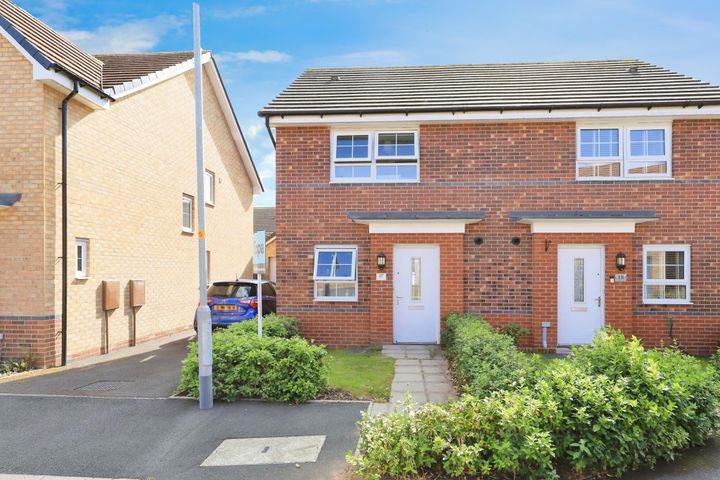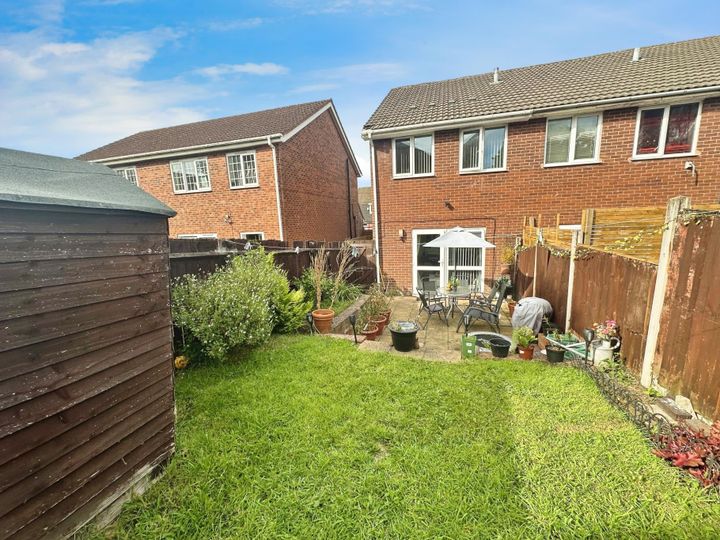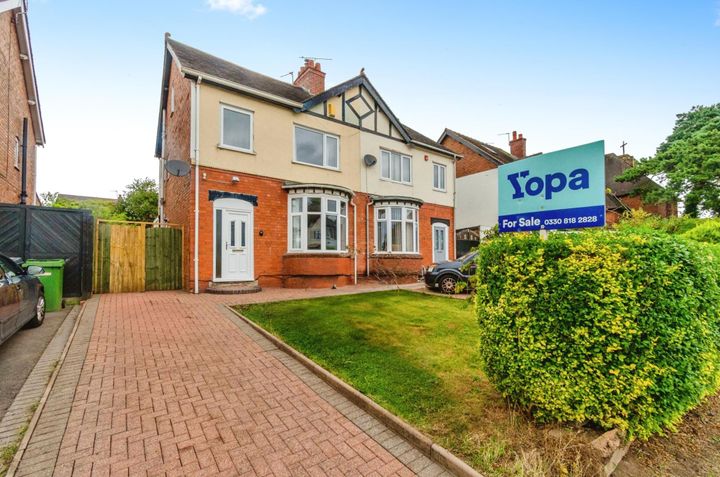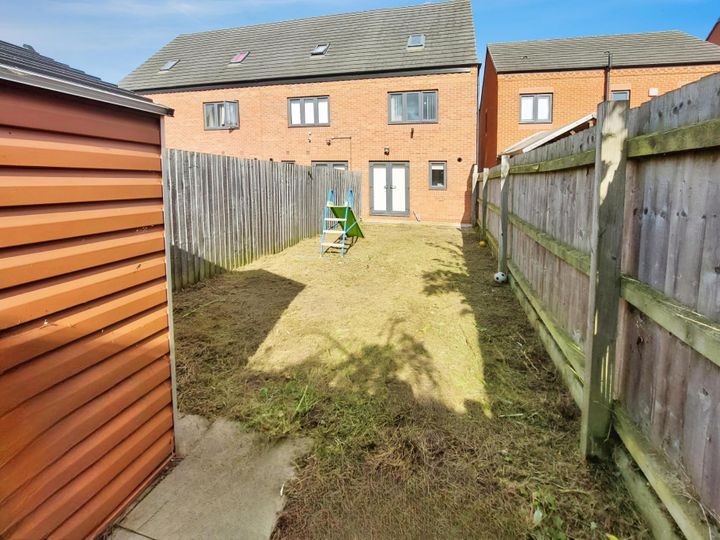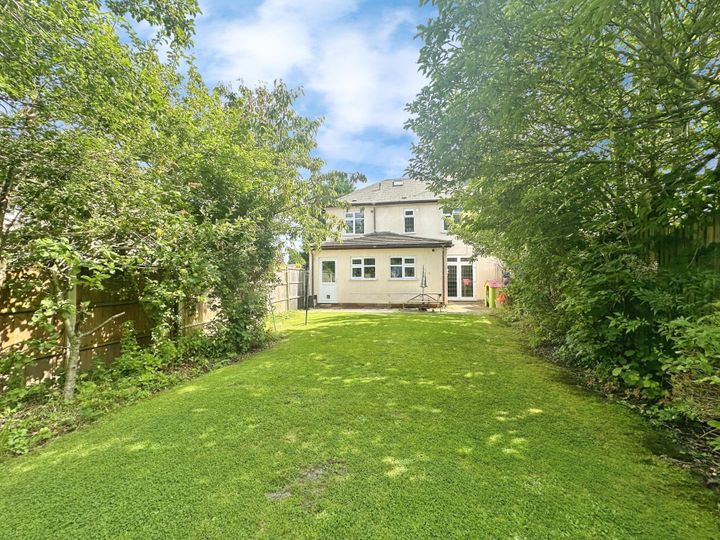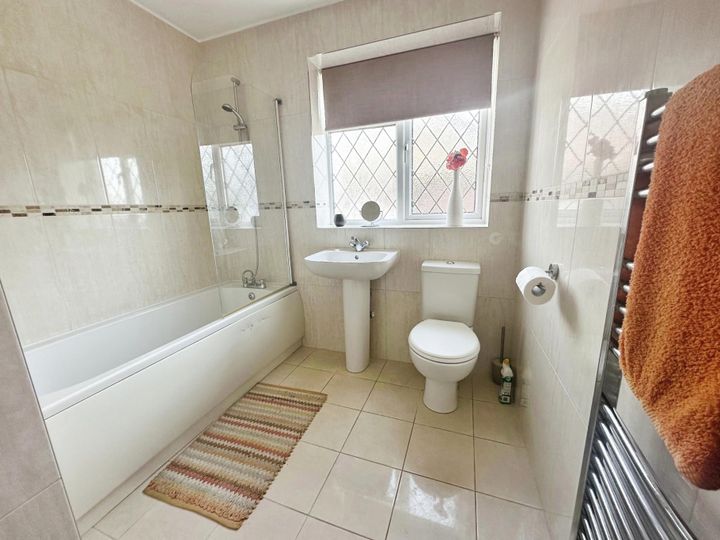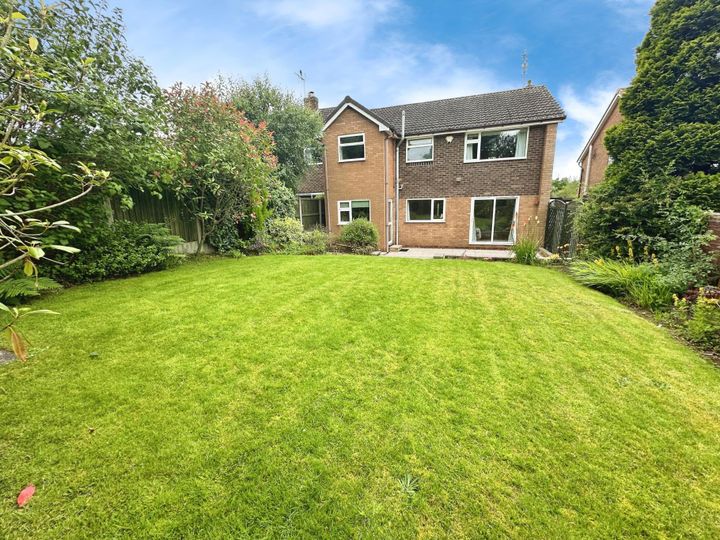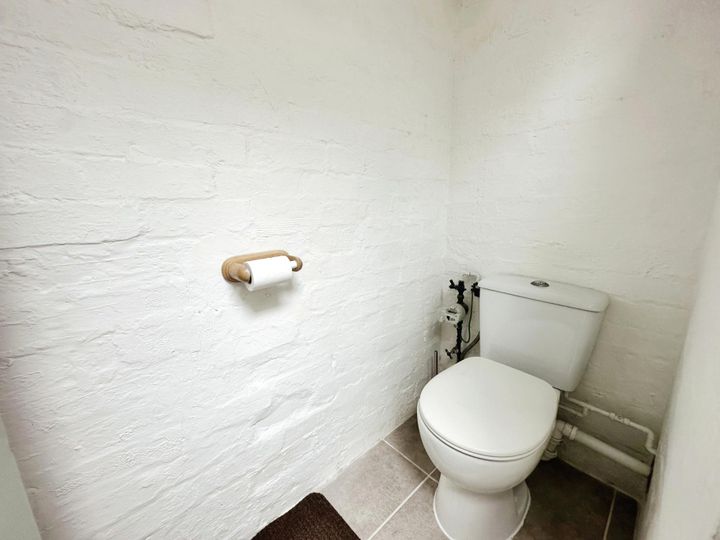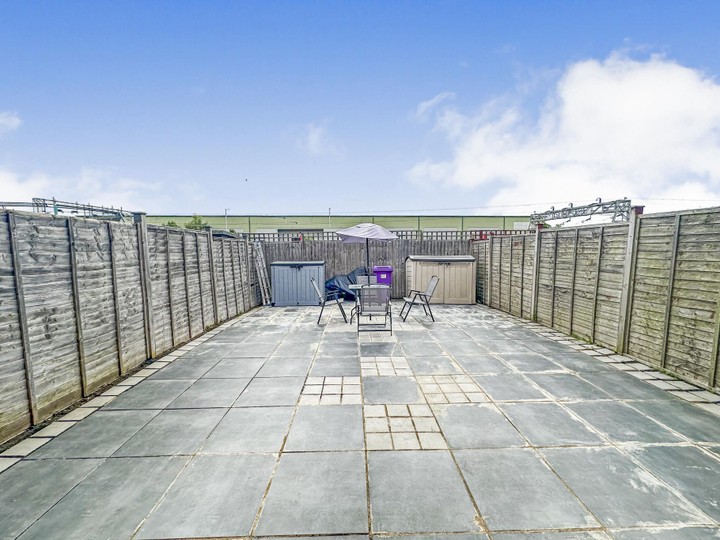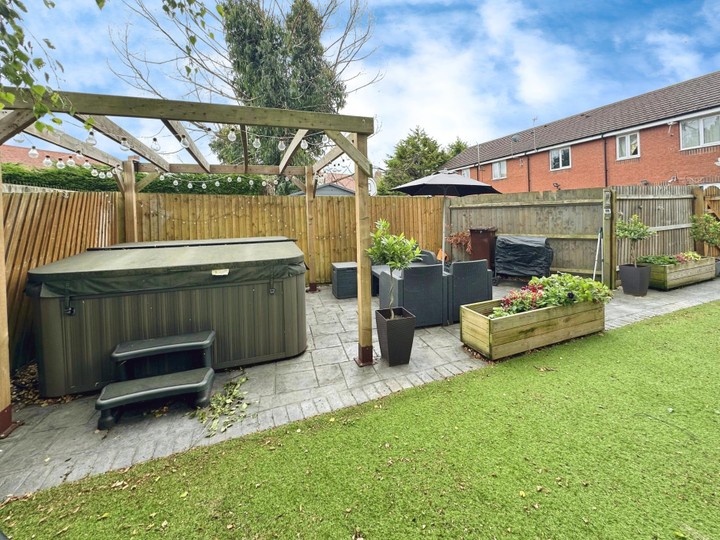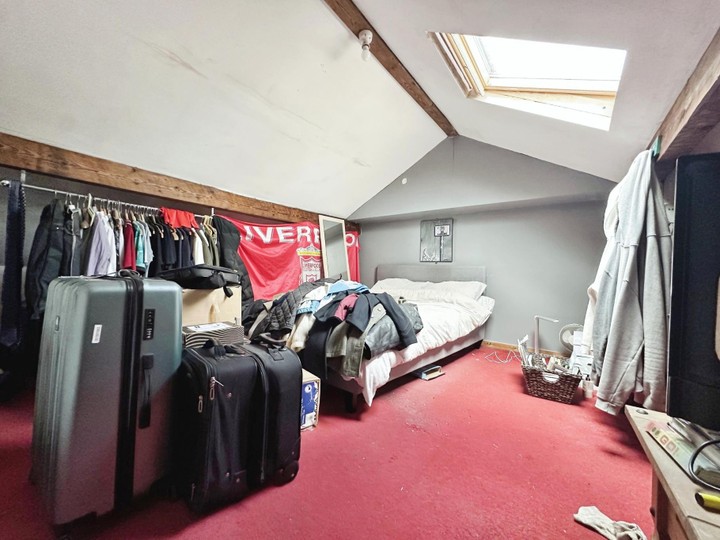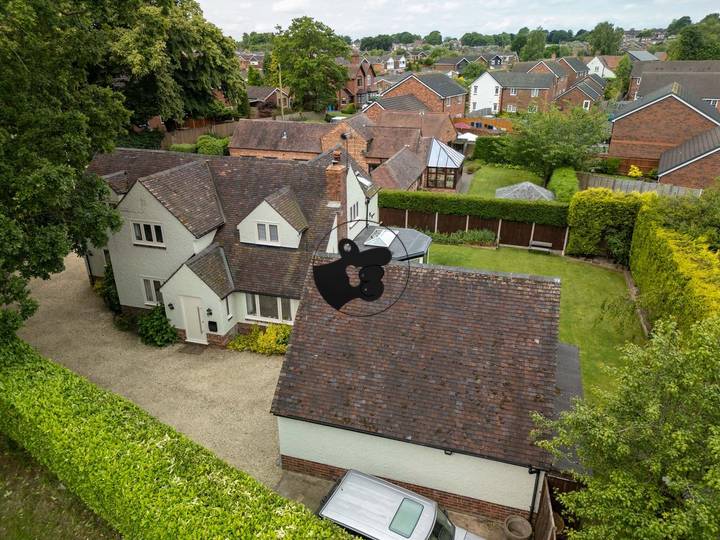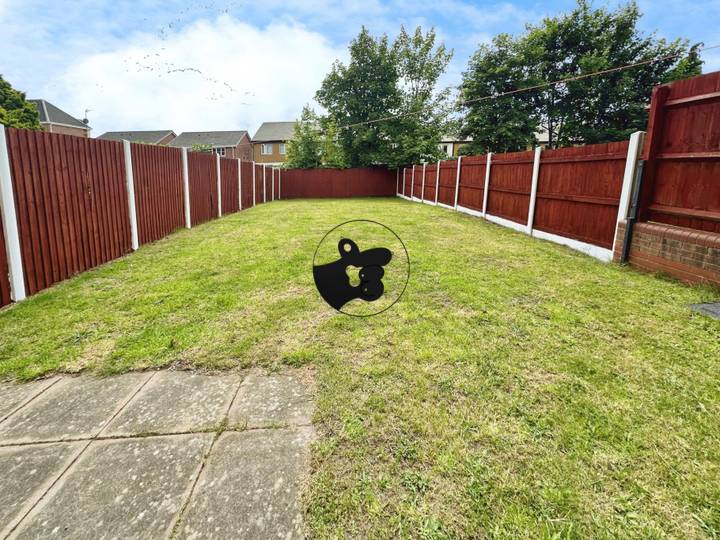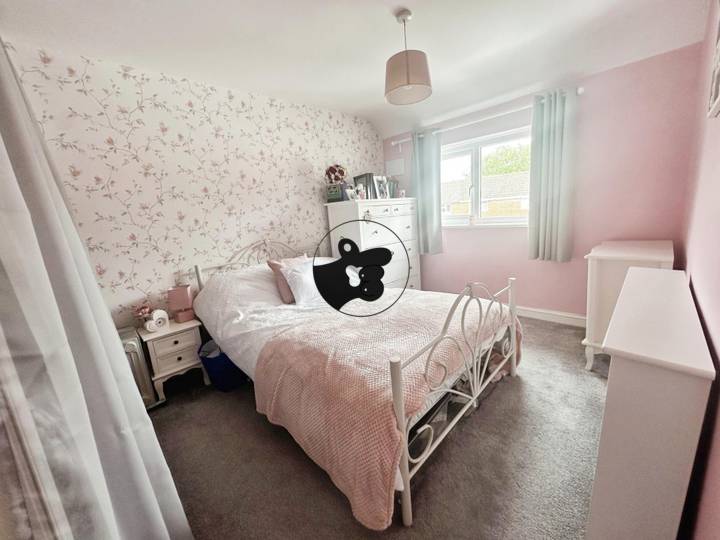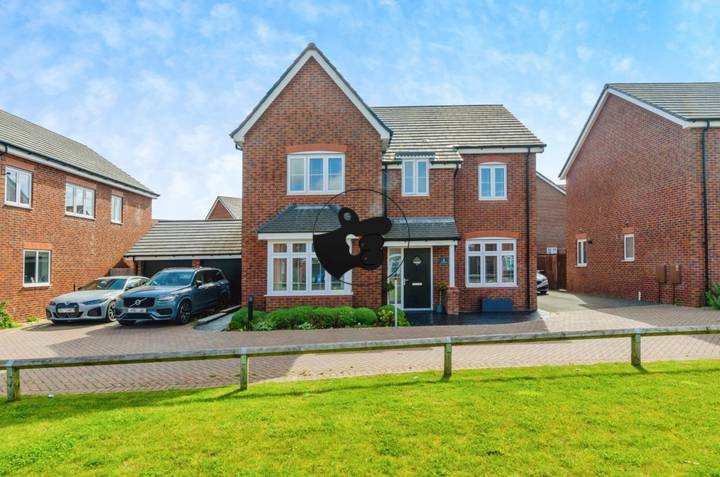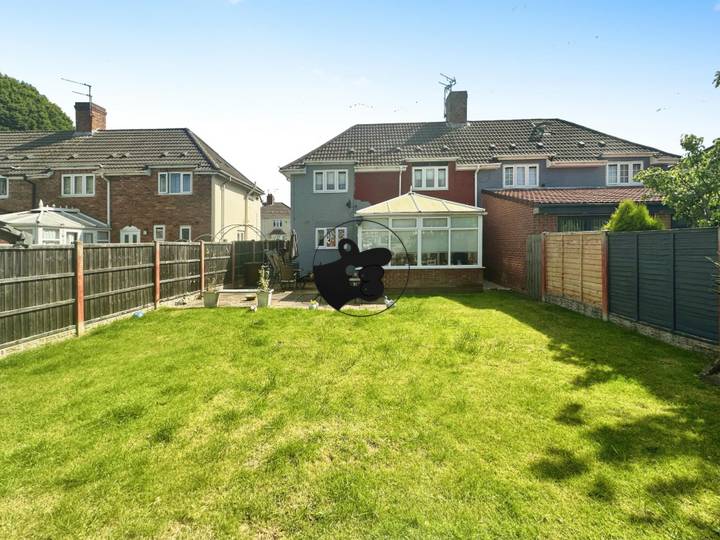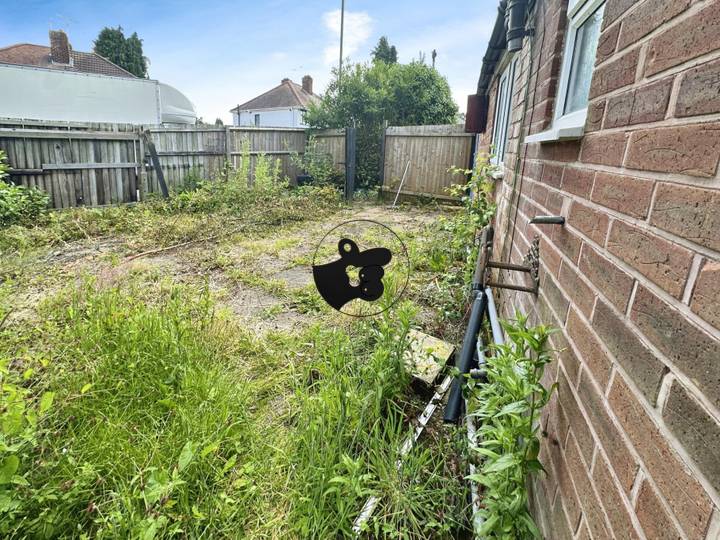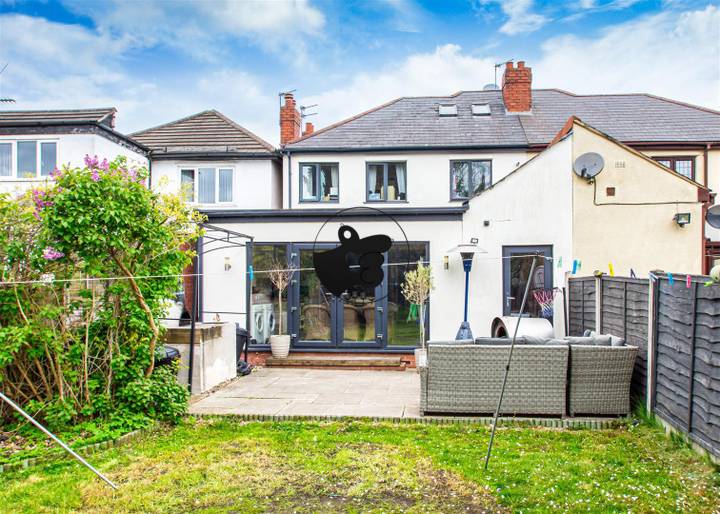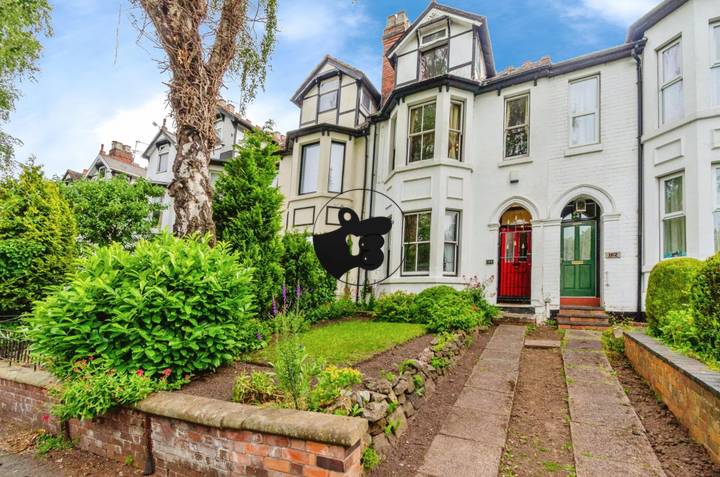As of late 2023, the average price of a house in Wolverhampton is around £215,000. This figure varies significantly depending on the specific area and type of property; for example, a three-bedroom semi-detached house in the more suburban locations can be priced between £220,000 and £250,000. In contrast, apartments, especially in the city center, typically range from £120,000 to £160,000, while larger, older homes or those in desirable areas may see prices exceeding £300,000. The West Midlands region has generally experienced a steady increase in property values, influenced by its improving local economy and infrastructure developments.
Wolverhampton
Location
Price Range
Any price
Price Range
Minimum
No min
Maximum
No max
Property type
Show all
Property type
Show all
House
Apartment
Building
Other
Bedrooms
Any beds
Bedrooms
Minimum
No min
Maximum
No max
Surface Range
Any surface
Surface Range
Minimum
No min
Maximum
No max
Sale type
For sale
Sale type
Show all
To rent
For sale
Location
Apartments and houses for sale in Wolverhampton
40 results
Recent
Wolverhampton insights
| Aspect | Summary |
|---|---|
| Population | 259,000 |
| Average Property Price | £215,000 |
| Rental Yield | 6.2% |
| Average Rent | £1,200 |
| Occupancy Rate | 95% |
| Capital Growth Rate | 4.5% |
| Property Tax | 1.2% of property value annually |
| Transaction Costs | 3-5% of property value |
| Expected ROI | 8-10% |
| Economic Growth Impact | Moderate, driven by local industry and infrastructure development |
Wolverhampton FAQ
What is the average price of a house in Wolverhampton?
What factors influence real estate prices in Wolverhampton?
Real estate prices in Wolverhampton are influenced by several interrelated factors, including location, economic conditions, and demand-supply dynamics. For instance, properties near the city center or key amenities, such as the Molineux Stadium or West Park, typically command higher prices due to their accessibility and desirability. Additionally, the local economy significantly impacts the real estate market; Wolverhampton has seen regeneration projects and new employment opportunities, particularly in sectors like manufacturing and retail, which attract buyers and investors. The presence of educational institutions, like the University of Wolverhampton, also contributes to demand, particularly for rental properties among students. Transportation links, such as the Wolverhampton Train Station, play a role as well, as areas with better connectivity to Birmingham and other regions tend to see an uptick in property values. Finally, national economic trends, including interest rates and government housing policies, also affect buyer confidence and purchasing power, further influencing real estate prices in the area.
How have property prices in Wolverhampton changed over the past year?
Over the past year, property prices in Wolverhampton have shown a notable upward trend, reflecting a broader surge in the UK housing market. The average house price in Wolverhampton increased by around 7% from 2022 to 2023, with typical values now hovering around £200,000. Certain areas, such as Bilston and Tettenhall, have seen even sharper increases, with properties in these neighborhoods appreciating by as much as 10%. This rise can be attributed to several factors, including increased demand for housing due to improved transport links and ongoing regeneration projects. For instance, properties near the WV1 area have become particularly desirable following the revitalization of the city center, leading to heightened competition among buyers. Additionally, the introduction of new amenities and a growing number of young professionals attracted by the city's affordability have contributed to this shift in the housing market.
Are property prices in Wolverhampton rising or falling?
Property prices in Wolverhampton have experienced fluctuations over the past year, showing both increases and decreases in various neighborhoods. For instance, according to recent data from property portals, average prices in the city rose by approximately 7% in 2022, driven by demand for family homes and the appeal of urban regeneration projects. However, certain areas, especially those further from the city center like Bilston, have seen more modest price movements, with increases of only around 2%. In contrast, neighborhoods closer to amenities, such as Tettenhall and Penn, have witnessed sharper rises, with averages climbing to over £250,000. Additionally, the rental market has been relatively stable with high occupancy rates, potentially impacting future purchasing decisions. Despite the broader trends, individual property prices can vary significantly based on local factors, including proximity to schools and transport links.
How does Wolverhampton’s real estate market compare to nearby cities?
Wolverhampton's real estate market showcases unique characteristics when compared to nearby cities like Birmingham and Coventry. The average house price in Wolverhampton is notably lower, with figures hovering around £200,000, compared to about £260,000 in Birmingham. This affordability is attracting first-time buyers and investors looking for profitable rental opportunities. Additionally, Wolverhampton’s rental yields often exceed those in Birmingham, driven by a growing student population and a strong local workforce. In contrast, Coventry has seen a recent surge in prices due to its proximity to major transport links and ongoing regeneration projects, pushing average property prices up to approximately £230,000. Moreover, Wolverhampton benefits from significant governmental investment aimed at urban regeneration, which could influence future property values and growth in the housing market.
What impact does the local economy have on property prices in Wolverhampton?
The local economy in Wolverhampton significantly influences property prices through various factors such as employment rates, average income levels, and infrastructure development. For example, the presence of key employers like the University of Wolverhampton and local manufacturing firms creates job opportunities that attract residents. An increase in employment often leads to higher demand for housing, consequently driving up property prices. Additionally, regeneration projects, such as the rejuvenation of the city center and investment in transport links like the Midland Metro, contribute to a more desirable living environment, impacting property values positively. Furthermore, fluctuations in the local economy, such as changes in the automotive sector, which plays a crucial role in Wolverhampton, can lead to volatility in property prices, reflecting the area's economic health.
Are there specific neighborhoods in Wolverhampton where prices are higher or lower?
In Wolverhampton, property prices vary significantly across different neighborhoods. For instance, areas like Tettenhall and Codsall are typically associated with higher property values, largely due to their attractive suburban settings and proximity to good schools. In contrast, neighborhoods such as Bilston and parts of Wednesfield often feature lower prices, influenced by factors such as industrial presence and distance from the city center. Furthermore, areas like Penn and the City Centre have seen varying trends, with some properties in the City Centre appreciating due to urban regeneration projects, while other parts may remain more affordable due to ongoing social and economic challenges. Overall, these price differentials reflect a range of local amenities, transport links, and community dynamics.


